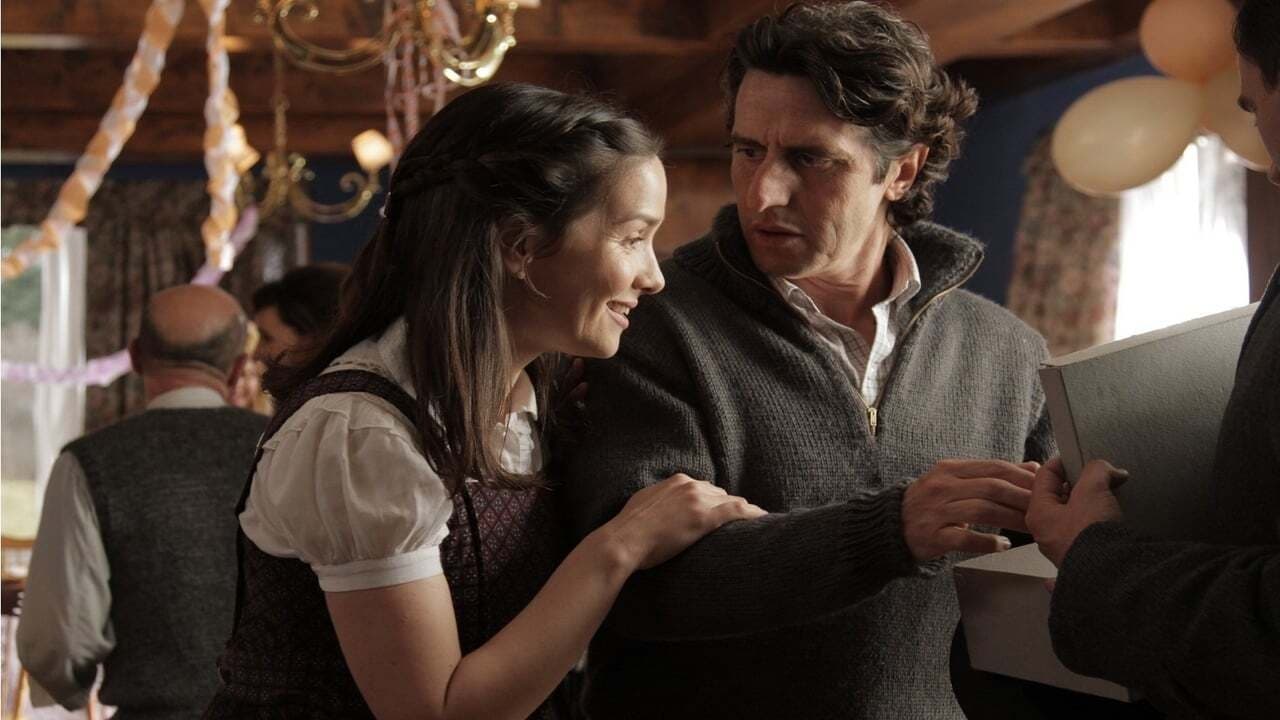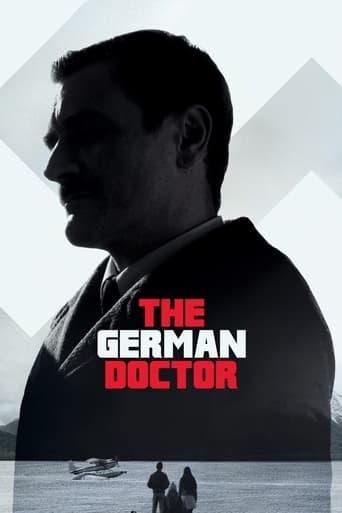

The movie unfolds in Argentina where a family owns a small hotel and struggles to make ends meet. One day, a friendly German appears in their lives and wishes to stay for an undefined period with them. As soon as he gets there, he slowly tries to gain the hosts' trust by taking care of their health as if he was a family doctor. However, what lies behind these good intentions is simply a thirst to continue with the experiments he conducted during the second world war for the Germans. The man in question is not just anyone. His name is Josef Mengele, the German doctor who is being hunted by the whole world. Slowly and steadily, the family are forced to rethink the whole situation and wonder whether to get rid of the German doctor who seems to be better connected than one could imagine.
... View MoreFilmed in the rolling landscapes of Patagonia, Argentina, WAKOLDA is a truly harrowing story of the Nazi doctor who continued to practice his experiments well after the Second World War had ended.In exile and among a group of Nazi sympathizers, Josef Mengele (Àlex Brendemühl) lives under an assumed name, and ingratiates himself with a family running a hotel. Befriending the young daughter Lilith (Florencia Bado) he claims to be able to increase her growth and thereby prevent her from being teased at school for being the smallest in the class. She readily agrees; as do her parents. This provides the pretext for Mengele to continue his macabre researches that actually do more harm than good.Lucía Puenzo's film contrasts the domestic world of Lilith with the world of the Nazi sympathizers congregating in a local German school. They still practice the salute, and forge a regimented atmosphere guaranteed to impose order on the unwilling learners. Lilith is sent to the school, in the hope of receiving a good education - although remaining largely unaffected by Nazi ideology, she is made painfully aware of her lack of height, which only encourages her to seek Mengele's help even more.Set in 1960, WAKOLDA draws a direct parallel between Mengele's work and the doll-manufacturing practiced by Lilith's father Enzo (Diego Peretti). At first Enzo makes all the toys himself; but with Mengele's investment the venture is transformed into a small cottage industry, where all the dolls' faces are identical and they are given tiny mechanized beating hearts. We are made painfully aware that Mengele treats humanity with just the same indifference as the factory workers treat their dolls - as material for experimentation rather than living breathing personae.The film maintains a cool, detached tone throughout; although Israeli agents pursue Mengele with the same enthusiasm as with other ex- Nazis (notably Adolf Eichmann), they fail to capture him. But this is not really the film's concern: director Puenzo is far more concerned with Mengele's terrible plausibility as a practicing doctor taking unwitting victims into his confidence and subsequently abusing them.
... View MoreHypnotic scenery matching the scale of the Sonnenmenschen legend. The protagonist's epic ascension to the heaven with South American Alps as a backdrop. A beautiful story in 4 languages, retelling myths of Bariloche. I watched the film several times - without subtitles, without sound, and in black and white. Every time it was a different story: it started as another Nazi'xlpoitation flick, almost like Odessa files, and turned into a road movie, coming of age saga, Patagonian Lolita, and Dr. Faustus noir fairytale.Lucia Puenzo, you are a magician.I admire your maddening style of quiet ambivalence. Like the fleeing smile of Nora The Photographer. It is unusual and nice that interpretations and the final judgment are left to spectators. Plenty of untapped potential. Just imagine if authors openly took sides... :)
... View MorePuenzo has managed to create an interesting story that revolves around Mengele's arrogant manipulation of an Argentinian family.Its focus is initially on his relationship with the 12 year-old girl, Lileth, and his wish to help her with growth hormone treatment, however, it is never really made clear in the film as to whether this is merely Mengele seeing an opportunity to carry on his experiments or there is something darker about this relationship. Mengele manages throughout the film to manipulate the parents through promises of helping Lileth and easing the discomfort of the pregnant mother, and even offering to financially back the father in a potentially lucrative doll-making business.Puenzo uses the doll-making as a metaphor for Mengele's obsession with perfection which is a little heavy-handed, and Mengele's relationship with Lileth is rather confused. Both of these point to the fact that Puenzo could really have opened up the story a bit more as there are hints at something far more sinister going on around the Claustrophobic confines of the family.The German school Lileth is sent to has an underlying stench of Nazism still at play, yet this is something that Puenzo fails to explore. Also, the character of Nora, an archivist, photographer and Israeli agent, is underdeveloped. Puenzo merely hints at the work of Mossad and the how this is an important factor in the behaviour of both Mengele and Nora, also the group of Nazis working in a nearby country house isn't explained until Eva, the mother, gives birth and this necessitates Mengele requiring the help of the Nazi clinic.So, for me, Puenzo should have explored many of the underlying themes evident in the story. This felt like a 90 minute movie that could have added another half an hours worth of expositional drama that would have created more of a sense of suspense. As such, Wakolda is an interestingly dark drama, yet one that lacks the depth of a bigger movie.
... View More